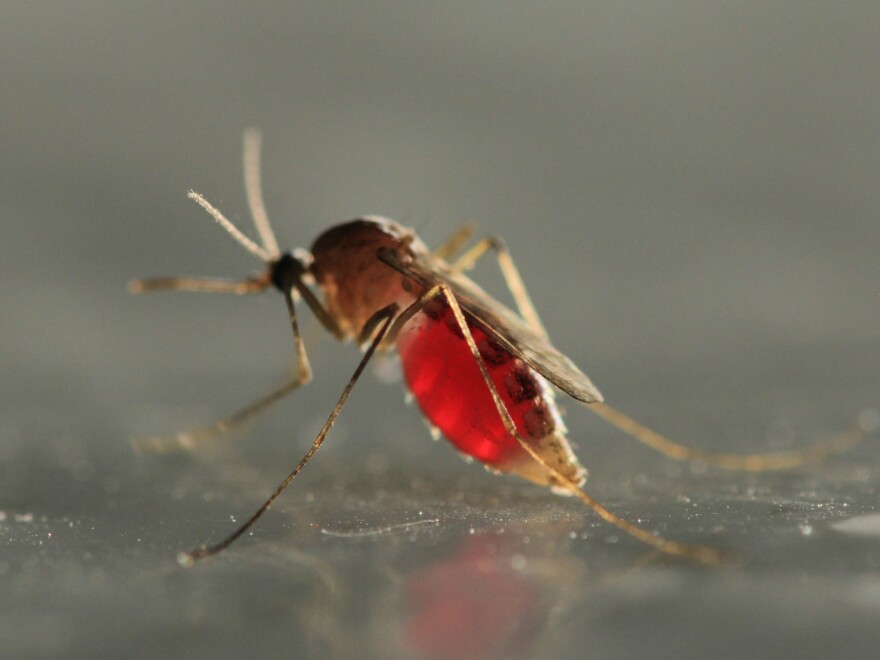State officials announced today that a horse in Swanton died on Aug. 27 of Eastern Equine Encephalitis, commonly known as EEE.
In a release from the Vermont Department of Health, Commissioner Harry Chen said people in Highgate and Swanton are "considered to be at high risk for EEE, based on this evidence."
Health department spokesman Robert Stirewalt said the state would not release the exact name or location of the farm, but confirmed that it was in Swanton.
A horse in Highgate was euthanized on Aug. 27 after contracting the mosquito-transmitted disease. Tests for that horse confirmed the presence of EEE, which officials announced on Sept. 4.
Last year, EEE killed 87-year-old Richard Hollis Breen of Brandon. No human EEE deaths have been reported this year in the state.
The high risk for EEE remains until a "killing frost" takes hold in the area. A killing frost is defined as a period of at least several hours of temperatures below 28 degrees.
Health officials advise people across the state to take the following precautions:
1. Stay inside or limit the amount of time spent outdoors at dawn and dusk, when mosquitoes are most active and biting. 2. Use insect repellents labeled as being effective against mosquitoes. 3. Cover up with long sleeves, long pants, socks, shoes, hat and head net when possible. 4. Dump standing water from around your house twice a week.




